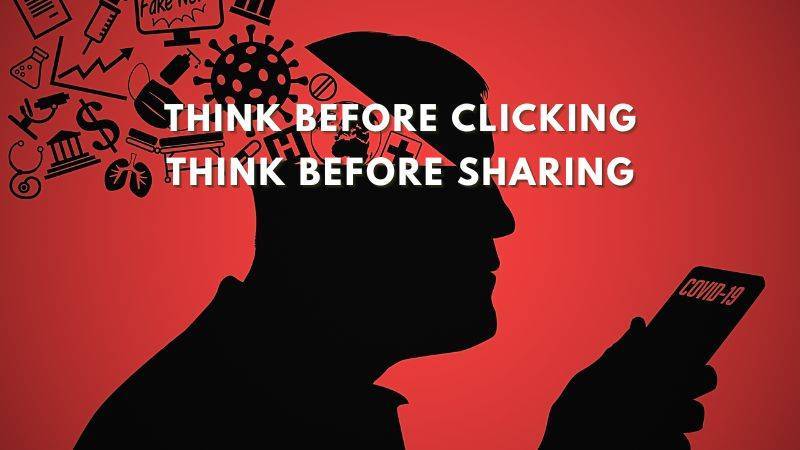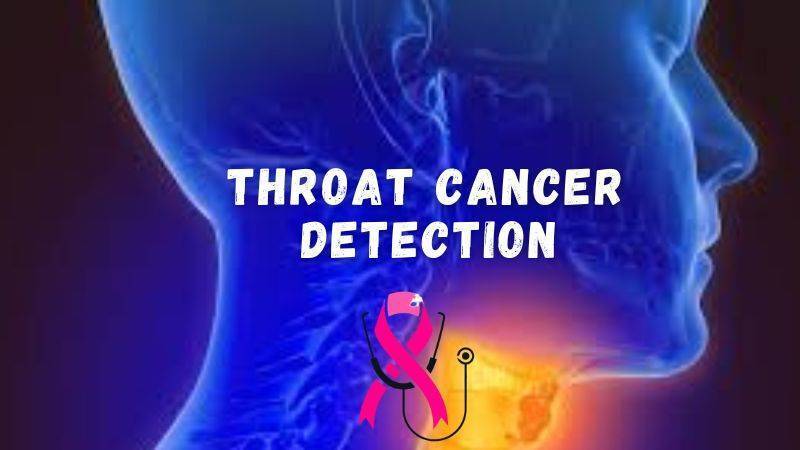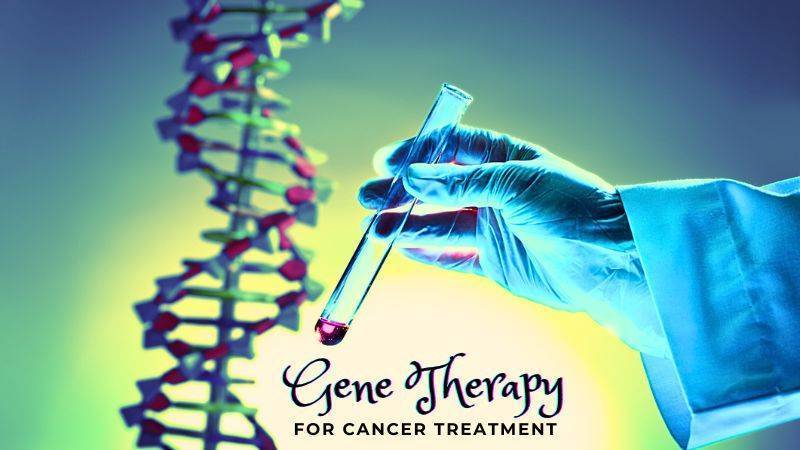COVID-19 misinformation refers to the spread of false or misleading information related to the COVID-19 pandemic.
It has become a significant issue since the emergence of the virus, with the rapid spread of information through social media platforms and other online channels.
The abundance of misinformation surrounding COVID-19 has led to what is often referred to as an “infodemic” – an overwhelming flood of information, both accurate and inaccurate, making it difficult for people to find reliable sources.
What is Infodemic?

According to the World Health Organization (WHO), the COVID-19 outbreak has given rise to an extensive infodemic. This term refers to an overwhelming amount of information, both accurate and inaccurate, that makes it challenging for individuals to locate reliable sources and trustworthy guidance.
The infodemic is characterized by a substantial surge in information related to a specific topic, which can rapidly escalate within a short period, as seen in the current pandemic.
Unfortunately, alongside this influx of information, misinformation, rumors, and intentionally manipulated content have emerged, raising concerns about their impact.
In the digital era, the prevalence of social networks has magnified the spread of this phenomenon, allowing it to propagate further and faster, much like a viral infection.
Infodemic Management
With the increasing digitization of society, including the widespread use of social media and the internet, information can spread rapidly, which can help fill information gaps quickly but also amplify harmful messages.
Infodemic management involves the systematic use of evidence-based analysis and strategies to manage the infodemic and minimize its impact on health behaviors during health emergencies. The primary goals of infodemic management are as follows:
Listening to community concerns and questions: This involves actively seeking and understanding the concerns and questions of the community regarding the outbreak. By listening to and addressing these concerns, health authorities can provide accurate and relevant information to the public.
Promoting understanding of risk and health expert advice: Infodemic management aims to disseminate reliable information about the risks associated with the disease and provide expert advice from health authorities. By promoting a better understanding of the risks and guidance, individuals can make informed decisions and take appropriate actions to protect their health.
Building resilience to misinformation: Infodemic management strategies focus on equipping individuals with the necessary skills and knowledge to identify and counter misinformation. By promoting media literacy and critical thinking, people can better distinguish accurate information from false or misleading claims.
Engaging and empowering communities to take positive action: Infodemic management involves actively engaging and empowering communities to participate in public health efforts. This can include encouraging individuals to follow recommended preventive measures, participate in vaccination campaigns, and support community initiatives aimed at combating misinformation.
By implementing these activities, infodemic management seeks to enable good health practices and minimize the negative impact of misinformation during health emergencies.
What is Misinformation?

Misinformation refers to intentionally false or inaccurate information designed to deceive others.
Within the current pandemic context, it significantly impacts various aspects of life, particularly people’s mental well-being, as the search for COVID-19 updates on the internet has increased by 50% to 70% across all age groups.
The circulation of misinformation during a pandemic can have detrimental effects on public health. Many fabricated or misleading stories are disseminated without undergoing proper fact-checking or verification.
Conspiracy theories have also found their way into mainstream discussions, further amplifying the spread of inaccurate and false information.
Misinformation covers a wide range of topics related to the disease, including its origin, causes, treatments, and transmission mechanisms.
The sheer volume of misinformation is staggering. Within the last 30 days alone, approximately 361 million videos were uploaded on YouTube under the categories “COVID-19” and “COVID 19.”
Additionally, around 19,200 articles have been published on Google Scholar since the start of the pandemic. In March, there were approximately 550 million tweets containing terms such as coronavirus, corona virus, COVID-19, or pandemic.
Misinformation has the potential to rapidly circulate and be assimilated, leading to behavioral changes and increased risk-taking among individuals. This exacerbates the severity of the pandemic, placing more people at risk and jeopardizing the effectiveness and sustainability of global healthcare systems.
Accessing accurate information, in the right format and at the right time, is of critical importance to combat the harmful impact of misinformation.
Key Points about COVID-19 Misinformation and the Infodemic
Here are some key points about COVID-19 misinformation and the infodemic:
Types of Misinformation: COVID-19 misinformation can take various forms, including false claims about the origins of the virus, its transmission methods, prevention measures, treatments, and vaccines. It often plays on people’s fears and anxieties, leading to confusion and potentially harmful actions.
Spread of Misinformation: Misinformation spreads rapidly through social media platforms, messaging apps, websites, and other online channels. It can be created and shared by individuals, as well as by organized disinformation campaigns. In some cases, even well-intentioned individuals may unknowingly share false information, contributing to the infodemic.
Impact on Public Health: Misinformation can have serious consequences for public health. It can undermine trust in public health measures, such as vaccination campaigns or mask-wearing, leading to decreased compliance. It may also promote unsafe or ineffective treatments, potentially putting individuals at risk.
Amplification by Algorithms: Online platforms’ algorithms can inadvertently amplify misinformation. These algorithms prioritize engaging or sensational content, potentially leading to the spread of false information to a wider audience. Efforts to address this issue include platform policies, fact-checking initiatives, and algorithmic adjustments to reduce the reach of misinformation.
Fact-Checking Efforts: Many organizations and fact-checkers work to identify and debunk COVID-19 misinformation. They analyze claims, verify information with reliable sources, and provide accurate information to counter false narratives. However, the sheer volume of misinformation makes it challenging to address every instance effectively.
Role of Governments and Health Authorities: Governments and health authorities play a crucial role in combating misinformation. They provide accurate information, communicate transparently, and actively debunk false claims. Collaborative efforts between governments, health organizations, and tech companies have been established to address the issue collectively.
Media Literacy and Critical Thinking: Promoting media literacy and critical thinking skills is essential to combat COVID-19 misinformation. Educating individuals on how to identify reliable sources, fact-check information, and evaluate the credibility of claims can empower them to make informed decisions.
Ongoing Efforts: Efforts to combat COVID-19 misinformation and the infodemic continue to evolve. Tech companies have implemented policies to reduce the spread of false information, fact-checking organizations have expanded their operations, and researchers are studying the impact of misinformation to develop effective strategies.
It is crucial to rely on reputable sources, such as health authorities (e.g., World Health Organization, Centers for Disease Control and Prevention) and trusted news outlets, to obtain accurate and up-to-date information about COVID-19.
Also Read






